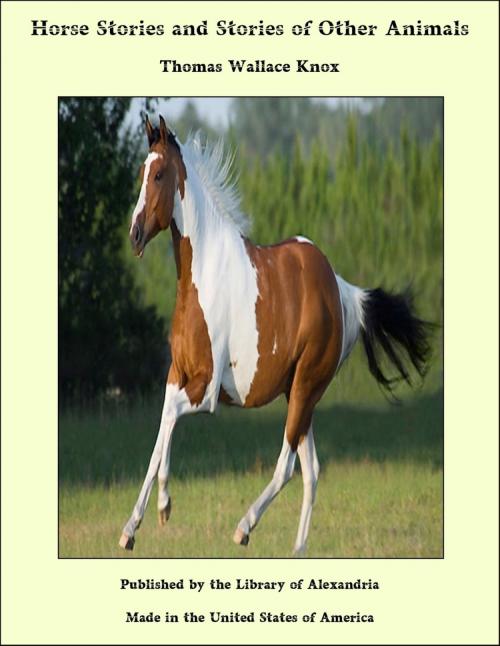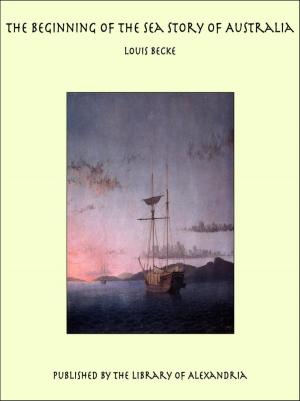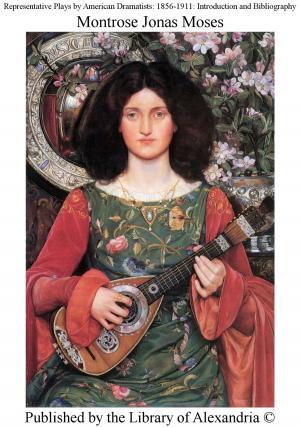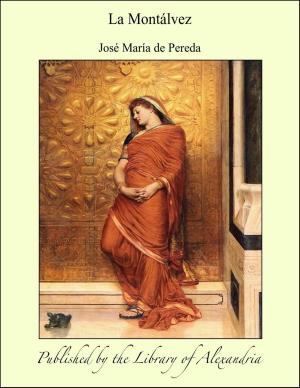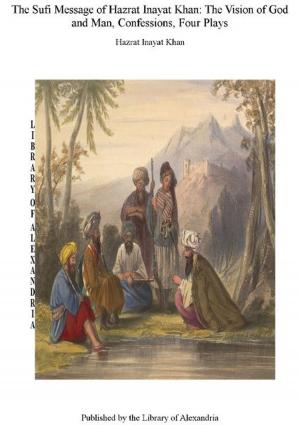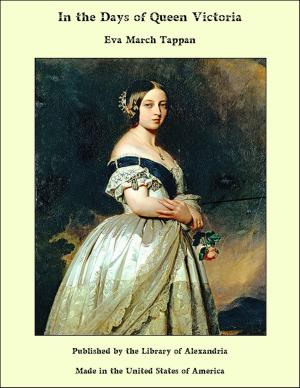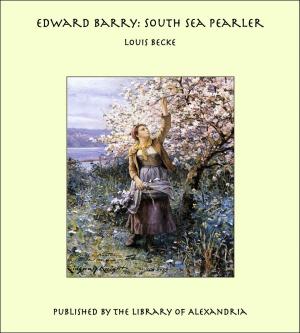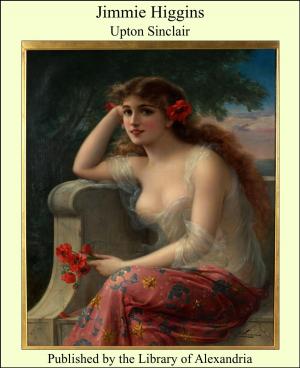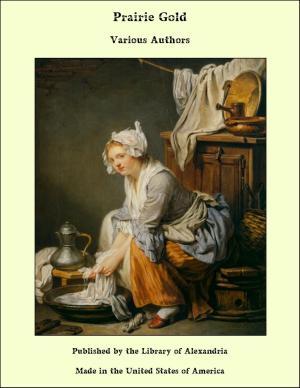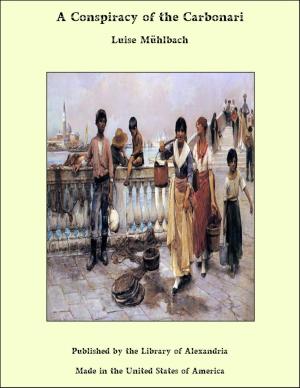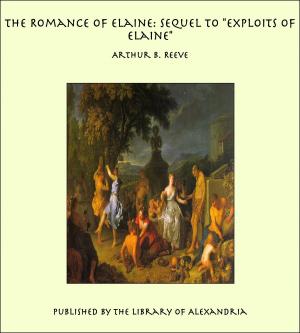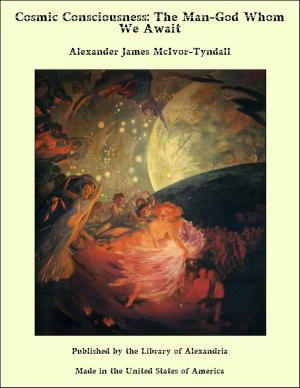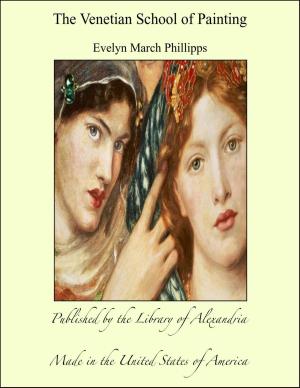Horse Stories and Stories of Other Animals: Experience of Two Boys in Managing Horses with Many Anecdotes of Quadrupedal Intelligence
Nonfiction, Religion & Spirituality, New Age, History, Fiction & Literature| Author: | Thomas Wallace Knox | ISBN: | 9781465609434 |
| Publisher: | Library of Alexandria | Publication: | March 8, 2015 |
| Imprint: | Language: | English |
| Author: | Thomas Wallace Knox |
| ISBN: | 9781465609434 |
| Publisher: | Library of Alexandria |
| Publication: | March 8, 2015 |
| Imprint: | |
| Language: | English |
I wish I had a horse of my own,” said Charley Graham, as he saw one of his friends riding on a pony which had recently been presented to him by his father. “And I'd like one, too,” exclaimed his brother George. “Well,” said Charley? “suppose we ask father about it. Perhaps he'd give them to us, when he knows Henry Johnson has one.” “That's so,” was the reply, “as I've heard him say he believed in boys knowing how to ride.” There was an animated discussion as to the probabilities of the granting of the request, and also as to the best form of presenting it. It was agreed that the petition should be made that evening, shortly after dinner. The youths were good students of human nature, and had observed that Mr. Graham was in his best humor after partaking of a satisfactory meal. In this respect he was not unlike the rest of the world. Charley and George were two youths with whom the readers of “Dog Stories and Dog Lore” are already acquainted. Their adventures in rearing and training two dogs, a Newfoundland and a Black-and-tan Terrier, are familiar to many young people. We are about to learn of their experience with horses and other quadrupeds, and will join them in listening to stories of animal intelligence in various parts of the world. Mr. Graham received the request of his sons with a complacency that greatly encouraged them, but, before giving an answer, he questioned them as to their knowledge of horses. It was not very extensive, to be sure, as it was limited to a knowledge of the horses then in the stable, and none of these had been trained to the saddle. Next he asked them how they would treat the animals in case they should become the possessors of what they wanted. “I would treat them kindly,” replied Charley, “and I am sure George would do the same. We have got along so nicely with Rover and Dash, by always treating them kindly, that we believe the same plan will do with horses. Are we right?” “Yes,” replied Mr. Graham; “the horse has a great deal of affection for his master when the latter is his friend, though perhaps not as much as the dog. Horses may be taught to do a great many things; they vary in intelligence and disposition, like dogs, and men too, for that matter. Where they are intelligent and of good disposition they are capable of an amount of training that will surprise most people.”
I wish I had a horse of my own,” said Charley Graham, as he saw one of his friends riding on a pony which had recently been presented to him by his father. “And I'd like one, too,” exclaimed his brother George. “Well,” said Charley? “suppose we ask father about it. Perhaps he'd give them to us, when he knows Henry Johnson has one.” “That's so,” was the reply, “as I've heard him say he believed in boys knowing how to ride.” There was an animated discussion as to the probabilities of the granting of the request, and also as to the best form of presenting it. It was agreed that the petition should be made that evening, shortly after dinner. The youths were good students of human nature, and had observed that Mr. Graham was in his best humor after partaking of a satisfactory meal. In this respect he was not unlike the rest of the world. Charley and George were two youths with whom the readers of “Dog Stories and Dog Lore” are already acquainted. Their adventures in rearing and training two dogs, a Newfoundland and a Black-and-tan Terrier, are familiar to many young people. We are about to learn of their experience with horses and other quadrupeds, and will join them in listening to stories of animal intelligence in various parts of the world. Mr. Graham received the request of his sons with a complacency that greatly encouraged them, but, before giving an answer, he questioned them as to their knowledge of horses. It was not very extensive, to be sure, as it was limited to a knowledge of the horses then in the stable, and none of these had been trained to the saddle. Next he asked them how they would treat the animals in case they should become the possessors of what they wanted. “I would treat them kindly,” replied Charley, “and I am sure George would do the same. We have got along so nicely with Rover and Dash, by always treating them kindly, that we believe the same plan will do with horses. Are we right?” “Yes,” replied Mr. Graham; “the horse has a great deal of affection for his master when the latter is his friend, though perhaps not as much as the dog. Horses may be taught to do a great many things; they vary in intelligence and disposition, like dogs, and men too, for that matter. Where they are intelligent and of good disposition they are capable of an amount of training that will surprise most people.”
